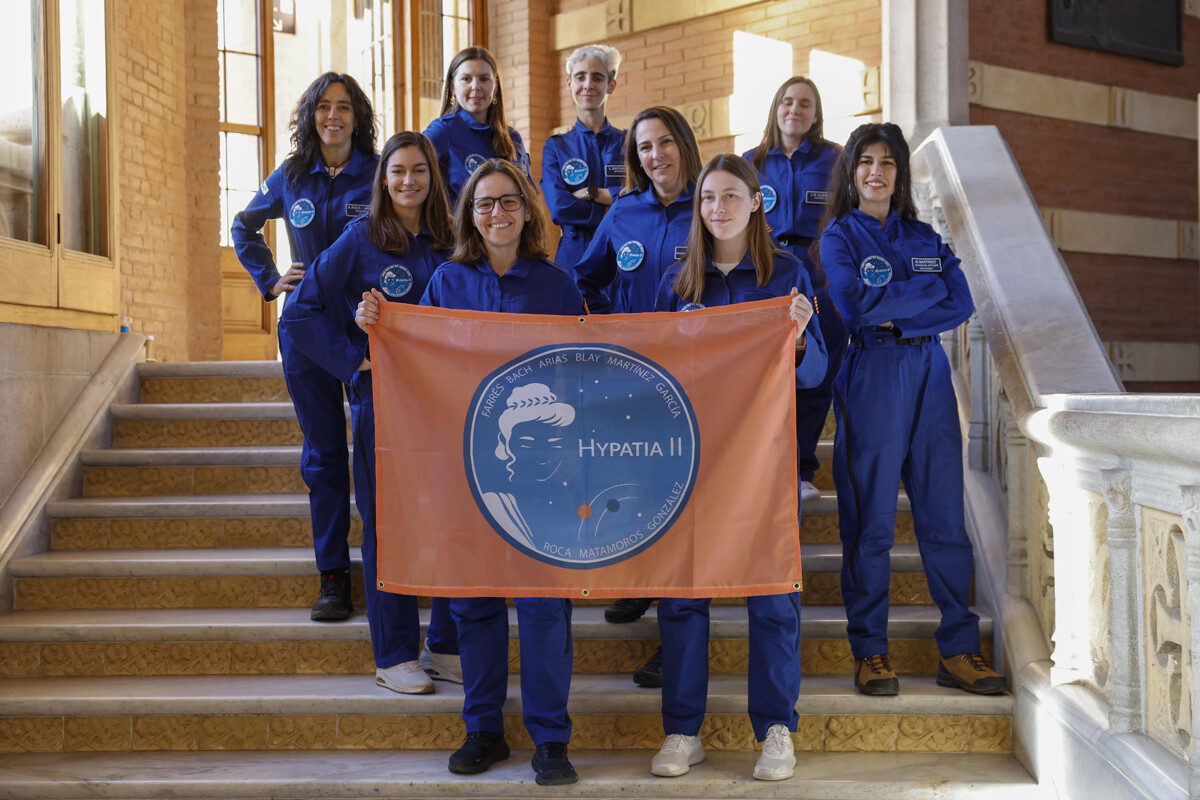
A group of Spanish scientists on the Hypatia II mission has conducted research on living conditions on Mars. To simulate these conditions, they carried out experiments in the Utah desert, United States. During this study, they were able to demonstrate that menstrual blood could be a promising fertilizer for growing food on Mars.
According to statements from the experts, menstrual blood could play a key role in the production of green sprouts on the red planet. This discovery represents a significant advancement in exploring the possibility of establishing human colonies on Mars in the not-so-distant future.
One of the members of the research team highlighted the importance of this finding and pointed out that menstrual blood is a vital resource that could be innovatively utilized in Martian agriculture. This sustainable and creative approach could be essential to ensuring food security for potential inhabitants of Mars.
This project by the Spanish scientists on the Hypatia II mission has sparked the interest of the international scientific community, as it presents new possibilities for space exploration and lays the groundwork for future research in this field.













